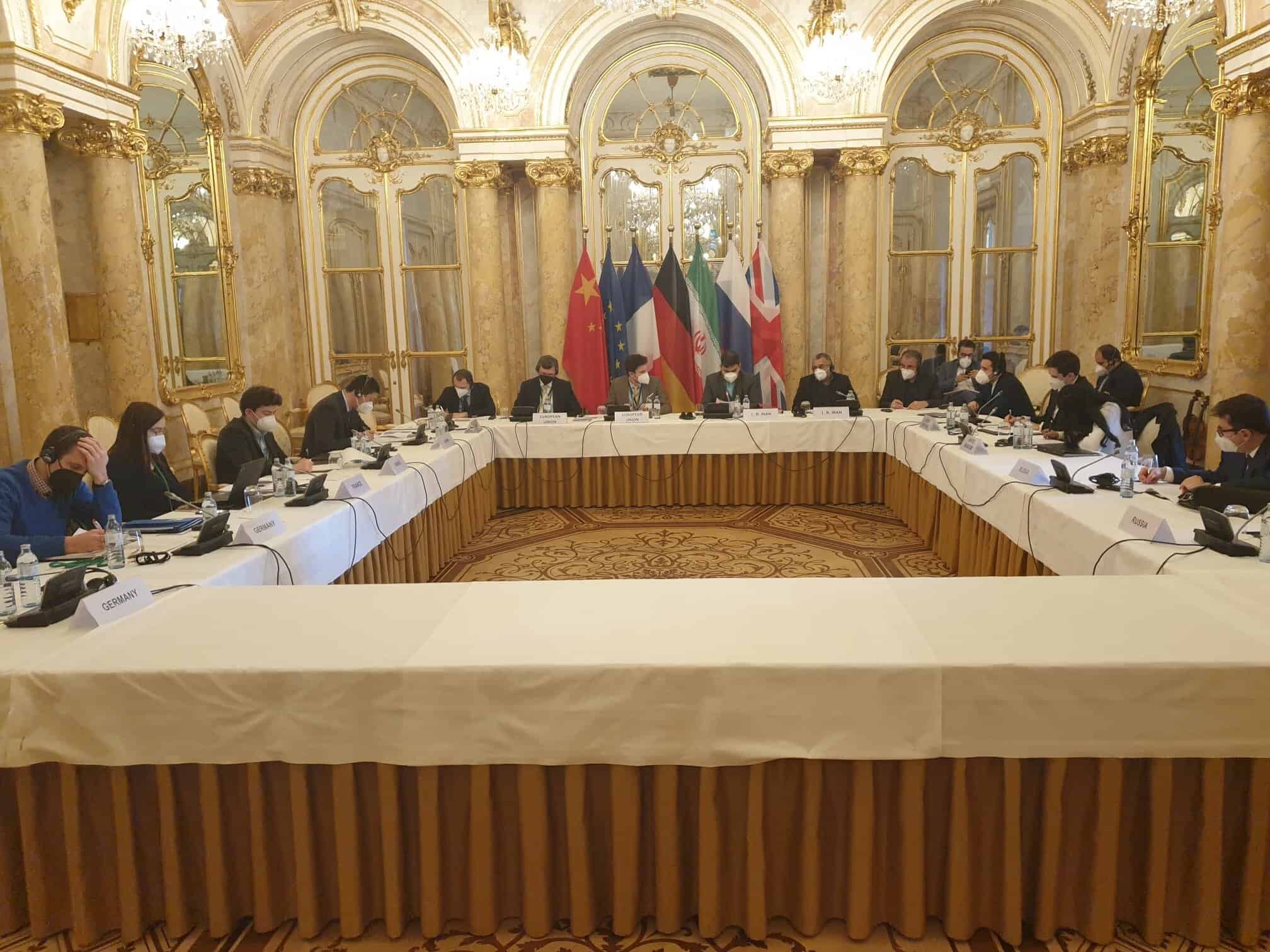Iran is studying a rough draft of a deal to revive a 2015 nuclear agreement with major powers hammered out during talks in Vienna, its foreign minister said Saturday.
All sides have said the talks on bringing the United States back into the agreement after then-President Donald Trump’s 2018 walkout have reached a critical stage, and Iran’s chief negotiator Ali Bagheri has been back in Tehran for consultations.
Iran is “seriously reviewing [the] draft of the agreement,” Foreign Minister Hossein Amir-Abdollahian said on Twitter, adding he had spoken by phone with the European Union’s top diplomat Josep Borrel.
Seriously reviewing draft of the agreement.
Had a phone call w @JosepBorrellF today, & Mr Bagheri is in contact w Mr Mora. All trying to reach a good deal.
Our red lines are made clear to western parties.
Ready to immediately conclude a good deal, should they show real will.
— H.Amirabdollahian امیرعبداللهیان (@Amirabdolahian) February 26, 2022
The EU has been acting as an intermediary between Iranian negotiators and a U.S. delegation in the absence of U.S. participation in face-to-face talks between Tehran and the remaining parties to the 2015 agreement.
We are “all trying to reach a good deal,” Amir-Abdollahian added. “Our red lines are made clear to western parties. Ready to immediately conclude a good deal, should they show real will.”
The 2015 agreement, known formally as the Joint Comprehensive Plan of Action, provided Iran with relief from sanctions in return for strict limits to its nuclear activities.
Since Trump reimposed sanctions in 2018, Iran has gradually suspended its compliance with many of the restrictions it agreed to under the deal, something that it is now expected to reverse.
Amir-Abdollahian said Wednesday the talks had reached “a critical and important stage.”
He said he hoped the remaining “sensitive and important issues” would be resolved in the coming days “with realism from the Western side.”








